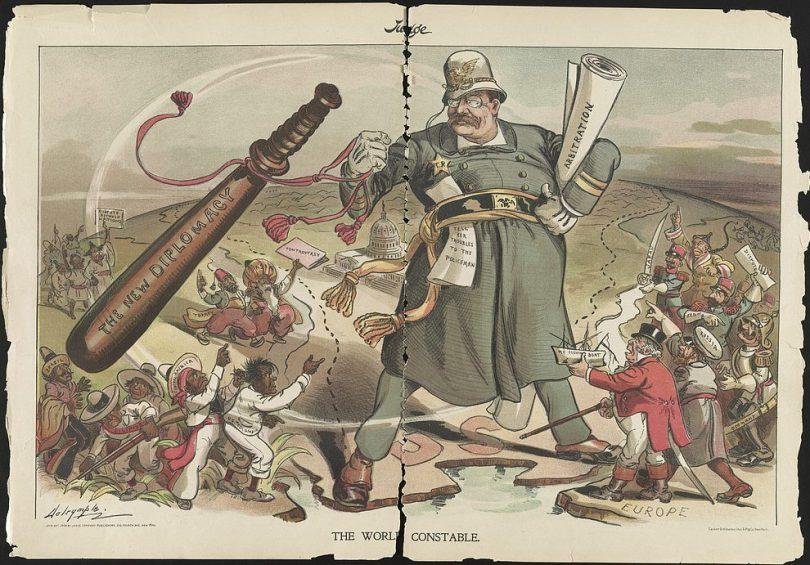Decolonization: The End of European Imperialism
Decolonization: the end of European imperialism and the emergence of new nations in Africa, Asia, and the Middle East.
Decolonization refers to the process by which European colonial empires in Africa, Asia, and the Middle East were dismantled, and new nations emerged in their place.
The decolonization process was marked by political and social upheaval, as former colonial subjects sought to assert their independence and establish their own political systems.

Causes of Decolonization
There were a number of factors that contributed to the process of decolonization. One of the key factors was the rise of nationalism also anti-colonial movements in the colonies.
Colonial subjects began to demand independence and self-rule. Inspired by the ideals of democracy also national self-determination that had emerged in Europe after World War II.
The economic cost of maintaining colonial empires was another important factor. After World War II, many European powers were struggling to rebuild their economies, also the cost of maintaining colonies became increasingly burdensome.
In addition, the emerging Cold War between the United States and the Soviet Union led to a global focus on the promotion of self-determination and independence, which further fueled the decolonization process.
Decolonization in Africa
A series of struggles for independence marked the decolonization process in Africa. Colonial subjects sought to assert their political and social rights. The process of decolonization began in the 1950s also continued through the 1960s and 1970s. As new nations emerged across the continent.
Violence and conflict marked the process of decolonization in many cases. Colonial powers sought to maintain control and colonial subjects sought to assert their independence. In some cases, decolonization led to civil wars and internal conflict, as new nations struggled to establish stable political systems.
Asia and the Middle East
The decolonization process in Asia and the Middle East followed a similar trajectory to that in Africa. Conflict and violence marked decolonization in many cases. Former colonial subjects sought to establish their own political systems and assert their independence.
The emergence of Israel as a new state in 1948 complicated the process of decolonization in the Middle East. The establishment of Israel led to a series of conflicts with neighboring Arab states. Ongoing conflict and political instability have marked the region ever since.
Legacy of Decolonization
The legacy of decolonization continues to shape the political and social landscape of the world today. The emergence of new nations in Africa, Asia, and the Middle East created new opportunities for economic and social development but also led to ongoing political instability and conflict.
In many cases, the legacy of colonialism continues to shape the political and social structures of former colonial nations, with ongoing struggles over issues such as economic inequality, political corruption, and ethnic conflict.
Conclusion
The process of decolonization was a defining period in the history of the 20th century. The dismantling of European colonial empires gave rise to new nations.
Political and social upheaval marked the process of decolonization. Former colonial subjects sought to assert their independence also establish their own political systems.
The legacy of decolonization continues to shape the political and social landscape of the world today, with ongoing struggles over issues such as economic inequality, political corruption, and ethnic conflict.
Despite these challenges, the process of decolonization represented an important step towards greater global equality and self-determination and continues to inspire efforts toward social and political justice around the world. 온라인카지노
